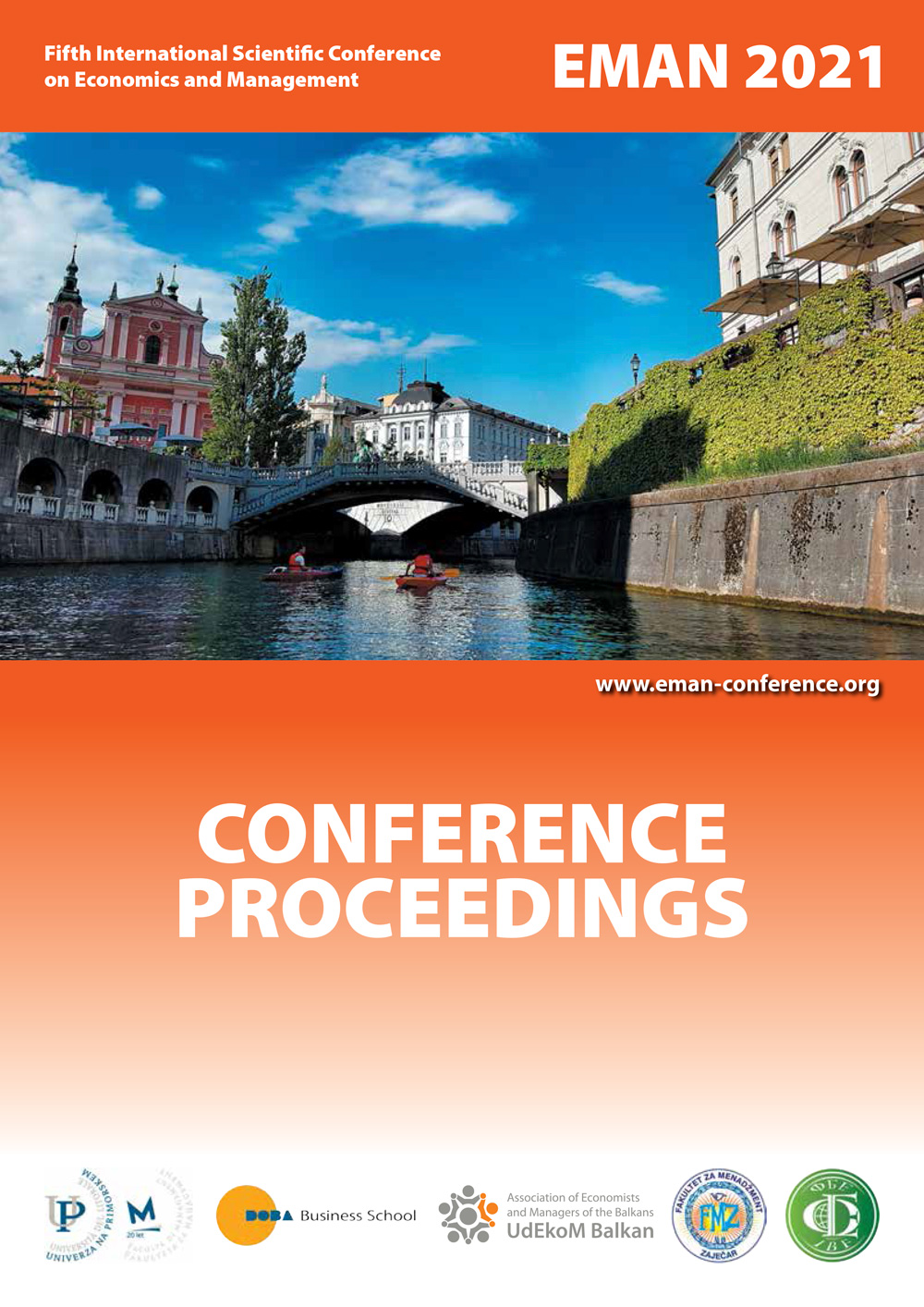TRUST IN A STRATEGIC PROJECT: CASE FROM GRAND PARK HOTEL ROVINJ, CROATIA
TRUST IN A STRATEGIC PROJECT: CASE FROM GRAND PARK HOTEL ROVINJ, CROATIA
Author(s): Sandra Barač Miftarević, Marko Paliaga
Subject(s): Social Sciences, Economy
Published by: Udruženje ekonomista i menadžera Balkana
Summary/Abstract: Trust is a highly recommended component in the project equation management process. According to Rousseau (1984), there are three types of trust: calculus-based trust, relational-based trust, and institutional-based trust, which are adopted to justify the importance of the existence of trust in a strategic project: Grand Park Hotel Rovinj in Rovinj and ACI Marine, Rovinj. Trust is an imperative condition in the project process, which can secure the achievement of the project. If there is an atmosphere of trust in the process environment, the project is successful. All parties involved in this project had a common vision and acted together, so it was assumed that there were no differences between the groups, corresponding to the trust concept proposed in the main hypothesis. A descriptive analysis (cross tabulation and Chi-square) was adopted to investigate the concept of the importance of trust and satisfaction with the working relationship in a strategic project between investors and local government in terms of project outcomes. The project was huge, but we choose to examine only those representatives who matter, with decision-making power and operational chiefs, 20 respondents in total. The sample size was small, but it covered the most important representatives of two groups, and, according to Sandelowski (1995), it could be a covered requirement for validation, despite its size. The project budget was €750 million and the project duration time was two years. The study results demonstrate that the perception of trust based on relationships and trust on an institutional basis is different between investors and local government, but they share a mutual agreement on the perception of trust based on calculations. In terms of satisfaction with the working relationship and project outcome, their perceptions are likewise distinctive. The study results supported the main hypothesis, but solely in relationship to calculus-based trust construct. The other results revealed a considerable degree of disagreement between two actors’ groups, corresponding to the relational-based and institutional-based trust, and to the satisfaction with a work relationship. These results are truly obvious and symptomatic indicators of the complexity which every project process brings with it. The concept of trust challenges researchers even now, although there are very many studies referring to it. This concept covers many scientific fields, revealing its complex and challenging nature, and opening a space for deeper exploration. The relationship between the parties in any network includes this concept as a conditio sine qua non. Strategic projects are a yet unknown area asking for further scientific debate with the principal objective: successful outcome. This analysis is a limited addition to the strategic project area research offering ample area to investigate a liaison between public and private sector in a specific scheme.
Book: EMAN 2021 / 5 – Economics & Management: How to Cope with Disrupted Times - CONFERENCE PROCEEDINGS
- Page Range: 351-356
- Page Count: 6
- Publication Year: 2021
- Language: English
- Content File-PDF

